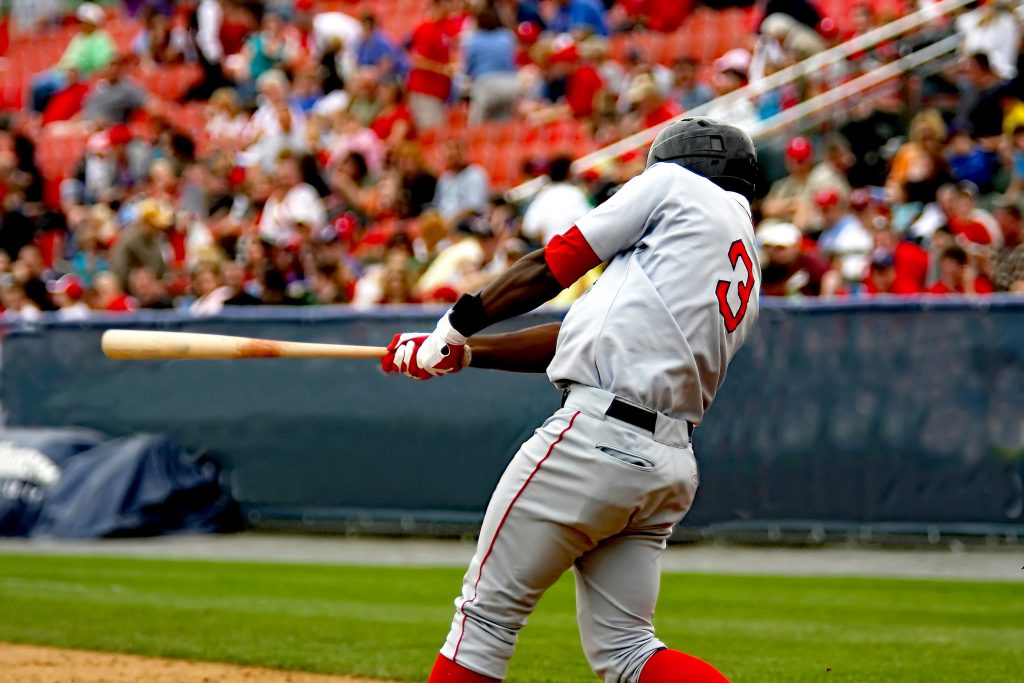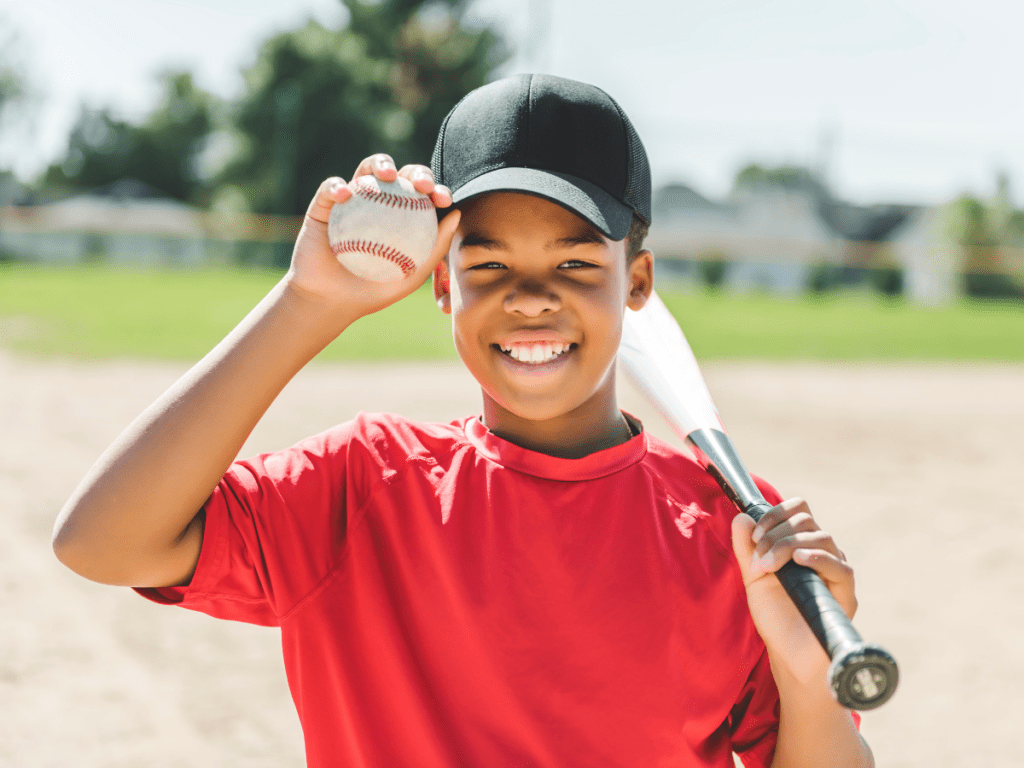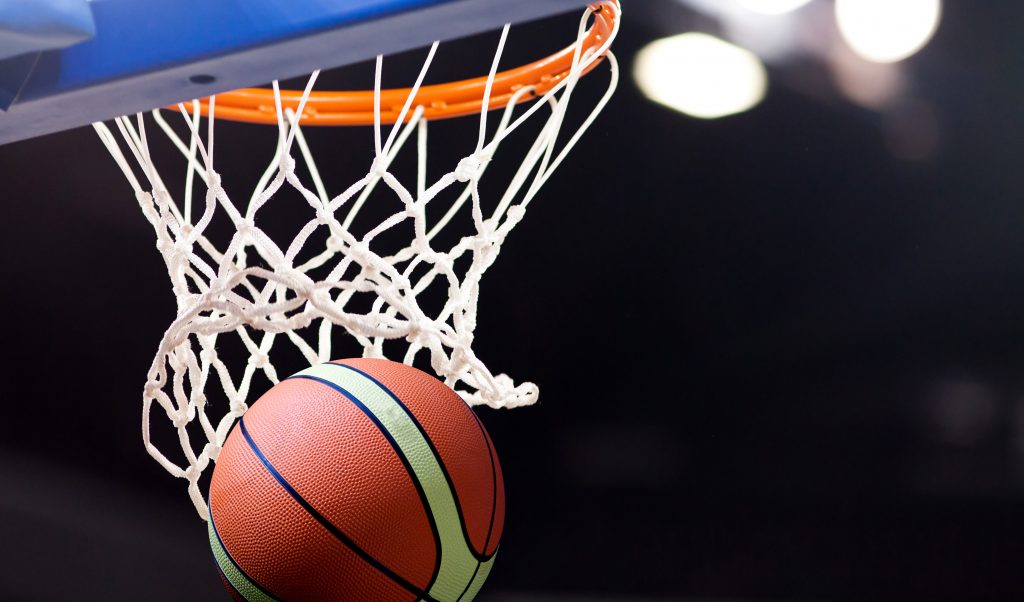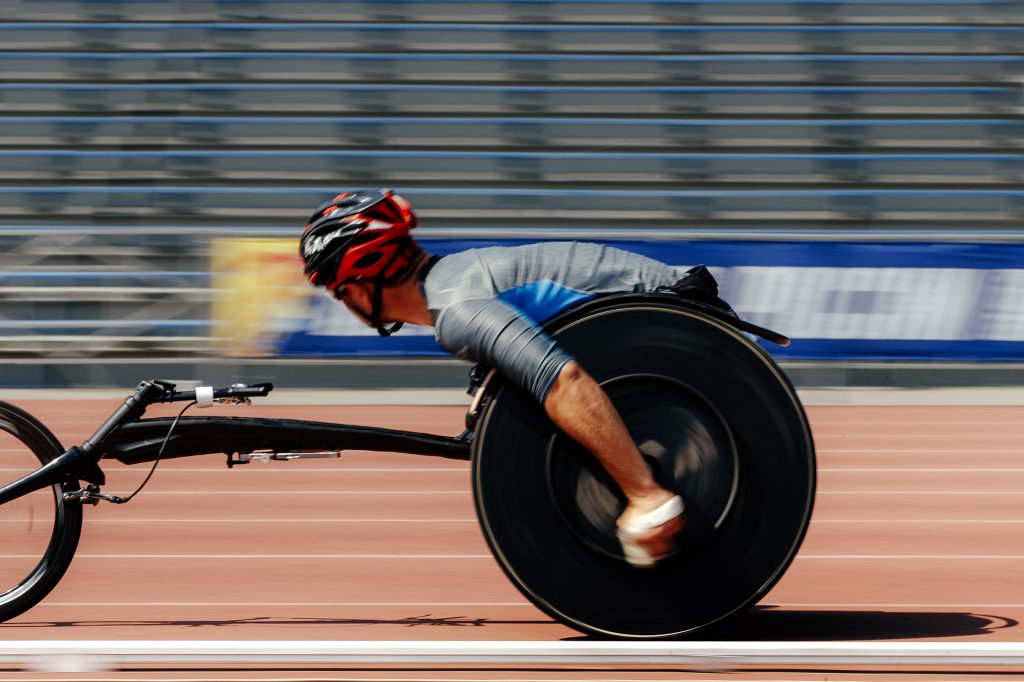Athlete Identity and Transition Out of Sport
Athletes often tie their self worth to their accomplishments, improvements, and outcomes in sport. Transitioning out of sport, due to retirement or injury, can compromise their sense of self worth. Feelings of having nothing to offer, being inadequate, and feeling unsure of their value in life can negatively affect the individual’s mental health.
Early Specialization in Hockey
Research finds elite NHL and collegiate hockey players often begin playing sports around 4 years of age, but only specialize in hockey at, on average, age 14. Experts suggest that because hockey requires players to master a wide variety of physical movements, there is a benefit to training in multiple sports at a young age…
Virtual Reality and Skill Development
Thinking about investing to the latest virtual reality (VR) applications for your basketball or baseball team? While promising, the majority of VR applications have focused on endurance sports, where less factors need to be considered to create an immersive environment. To support skill development, the latest tech should be evaluated for its action fidelity and…
Sport Team Communication
Effective teams communicate knowledge in a variety of ways, including the creation of transactive memory systems and shared mental models. Game and performance reviews, team training, and group planning sessions are three strategies that can enhance team communication skills and ultimately contribute to performance.
Tradition or Tech? Either Way, Keep It Representative

Some coaches rely on de facto drills that seem to be an essential part of their sport as a foundation for their practices; others turn to the latest gadgets and technology to drive their practice plans. Before integrating tradition or tech, coaches should evaluate their drills and innovative tools based on their contribution to skill…
Verbal Feedback
Verbal feedback is arguably the most abundantly used coaching “tool” in sport, but can be more or less effective depending on the type of feedback and timing. Research recommends the use of positive comparisons (e.g. in relation to previous performance), and the provision of feedback after strong trials more often than weak trials.
Using technology to design and deliver positive youth sport programs

Project Summary The purpose of the study was to gain insight into how positive youth development (PYD) through sport and physical activity is understood for Indigenous youth in western, central, and eastern urban communities in Canada. The following research questions were addressed: 1) What meaning do the outcomes related to PYD in sport and physical…
Want to Win? Focus on Communication

This blog is the third installment in a series in collaboration with Queen’s University. As an assignment to build knowledge mobilization skills, Dr. Luc Martin, Associate Professor in the School of Kinesiology and Health Studies, tasked students in his third year team dynamics course to write a SIRC blog. The top five were submitted to SIRC, and will…
The Impact of Good Leadership
Want to improve team performance? Invest in leadership! According to the research, strong leadership can improve athlete satisfaction and resilience, and build team confidence and cohesion—all outcomes that will contribute to better performance.
Becoming Para Ready

In 2017, 6.2 million Canadians reported having a disability and it was estimated that only 3% of those individuals engaged in regular organized physical activity (Statistics Canada, 2017; Government of Canada, 2012). Of the often-limited opportunities available, individuals experiencing disability may choose to participate through either segregated or integrated programs. Segregated sport programs are typically…